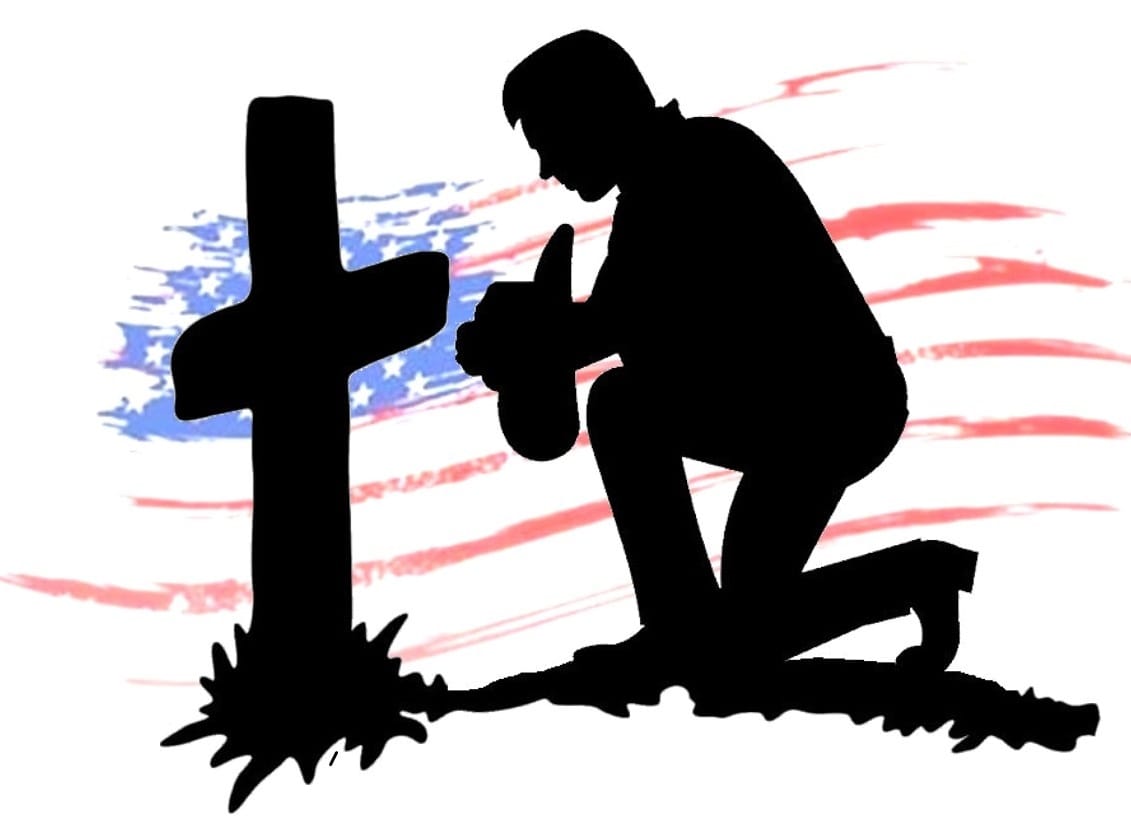Matthias or Paul - Who was God’s Choice to Replace Judas? Did the Eleven Apostles Get It Wrong With Matthias?
When Judas hung himself after betraying Jesus Christ unto His crucifixion, the remaining eleven apostles were left to choose a replacement to return their circle to the number twelve, which represented the twelve Tribes of the Jewish nation (Israel and Judah). God’s plan was to take the Gospel to the entire world, beginning with the Jewish people (God’s chosen), as we see in Acts 1:8. Jesus told His disciples to wait for the power of the Holy Spirit to descend to them, and then, “you shall be witnesses to Me in Jerusalem, and in all Judea and Samaria, and to the end of the earth.” Paul emphasized it this way, “For I am not ashamed of the gospel of Christ, for it is the power of God to salvation for everyone who believes, for the Jew first and also for the Greek.” (Romans 1:16) The turning point – the point at which God made it clear that the time had come to reach out to the gentile (non-Jewish) world with the Gospel – was the dream that God gave Peter, which led him to meet with and convert Cornelius of Caesarea to be a follower of Christ; the first documented gentile to be converted by the Apostles after the death and resurrection of Jesus Christ. You can read this whole story in Acts 10.
So, the apostles went about selecting a replacement for Judas – not choosing of their own accord – but determining whom God would choose to fill the vacancy in the twelve. As we see in the story of this selection process in Acts 1:15-26, Peter quoted David’s prophecy of this moment in Psalm 69:25 and Psalm 109:8. David had prophesied this moment with amazing accuracy, especially when realizing that the chief priests took the money that Judas threw back at them, after realizing what he had done, and purchased the field in which he hung himself, and called it Akel-dama, the Field of Blood. In using that prophecy, Peter was saying that there should be a replacement for Judas.
Now that we’ve explored why the eleven felt the need to replace Judas, let’s look at who Matthias was, and why he was selected. We know that the twelve apostles were not the only disciples of Jesus Christ. Several times, the Bible talks about the 70, and some about the 150. What this says is that Jesus had his inner circle of followers, the twelve apostles, including Simon Peter, John (son of Zebedee), James (the brother of John), Andrew, Philip, Bartholomew, Thomas (the doubter), Matthew, James (son of Alpheus), Thaddeus (son of James), Simon (the Zealot), Judas. Then, He had another concentric ring of 70 followers which grew to 150 and then to about 500. The total number of followers continued to grow until Jesus started talking about the price of discipleship, at which many fell away.
According to tradition (from writers of non-canonized texts), Matthias was part of the 70 and had been with the twelve from the beginning of Christ’s ministry, and even lived with them. Lastly, it is surmised that when the apostles started reaching out to specific regions, Matthias ended up in Aethiopia (modern Georgia – north of Turkey and Armenia), where he was stoned to death.
Next, let’s look at how Matthias was chosen. Peter established the qualifications in Acts 1:21-26, which included having been with Jesus Christ through his entire 3 1/2 year ministry, personally witnessing His baptism by John the Baptist, His teachings and miracles, and His crucifixion. He also had to have witnessed Jesus after His resurrection. Given those factors, there seemed to be only two men who qualified: Matthias and a man named Joseph Barsabas. So, the apostles sought God on how to proceed. They settled on the common method of casting lots, similar in nature to flipping a coin, something that they could not manipulate, but God could. The lots fell to Matthias.
Now, we can go back and look at whether Paul was the one God had chosen as His replacement for Judas, and the apostles somehow got it wrong. Or, was there another reason God called Paul? Paul was not with Jesus during His ministry on earth, and never witnessed His baptism, His teachings and miracles, nor His death or resurrection. In fact, he was a Pharisee who zealously persecuted Christians to stop what the Jewish hierarchy considered a religion of blasphemy. It was during Paul’s encounter with the resurrected Lord Jesus Christ on the road to Damascus that he was called to his apostleship. Because he did not meet the other qualifications, Paul considered himself to be the least of the apostles (Ephesians 3:7-8), but one chosen not by man but by God.
So did the eleven apostles get it wrong when they chose Matthias? There is no Biblical evidence to suggest that, and Matthias ended up dying for his efforts to spread the Gospel of Jesus Christ, just like the other eleven (save John who miraculously survived being boiled in oil, only to spend the rest of his days in exile on the Island of Patmos). No wonder so many fell away when they heard Christ teaching of the cost of discipleship. There is a lesson for each of us in that story (but, for another time).
Let me end with this speculation on my part. The reason for the number of apostles to be twelve was to honor the traditions of the Jewish nation, representing the twelve tribes. Once God decided that it was time to share the Gospel with the rest of the world, Paul was chosen above and beyond the twelve, specifically to take the Gospel to the people beyond those of the Jewish faith. So, God arranged a personal encounter with the resurrected Jesus Christ, and called him to his apostleship. This is further supported by the fact that as the Gospel was taken beyond Jerusalem in obedience to Jesus Christ’s instructions in Acts 1:8, more of the 70 were sent (in fact, Jesus had already begun this during His earthly ministry – Luke 10:1). The apostles did not, in my opinion, get it wrong. God just kicked His plan into high gear to send the Gospel to the rest of the world. Who better for that than Paul?
Here’s a post-script on Joseph Barsabas: As the Gospel was sent to specific regions, Joseph was included. He ended up as the Bishop of Eleutheropolis, a Byzantine city south of Jerusalem, where he too died a martyr’s death.


